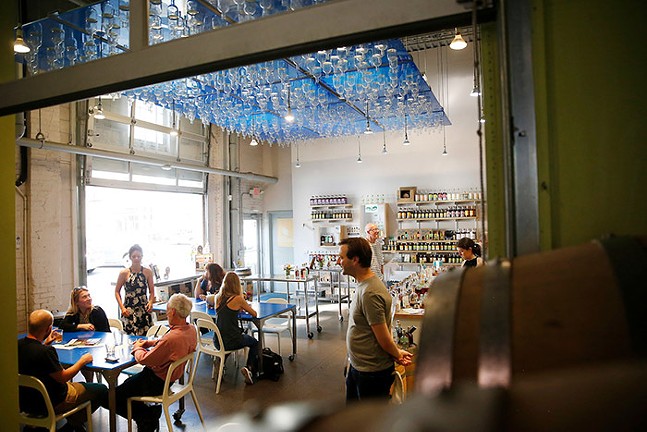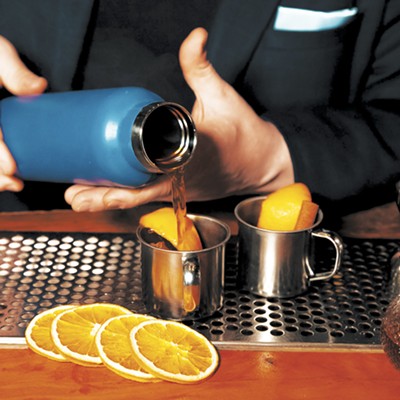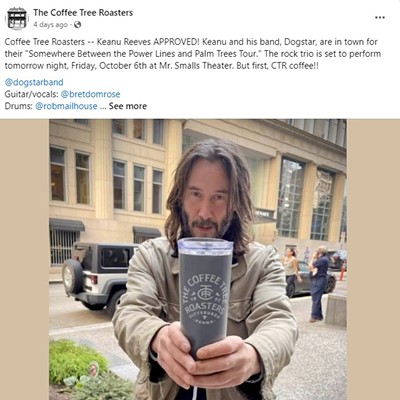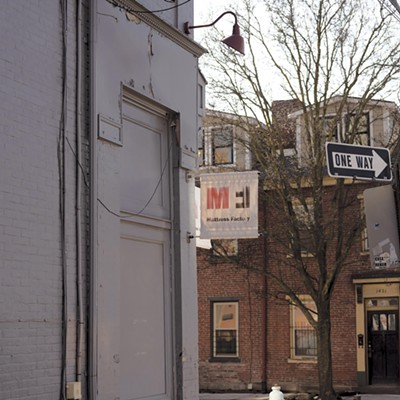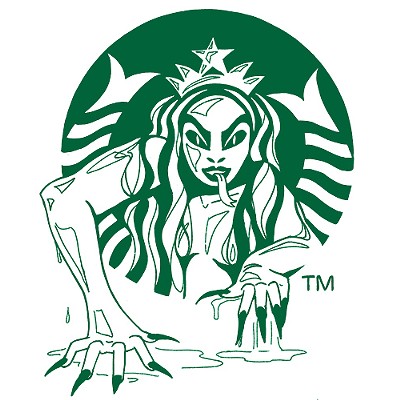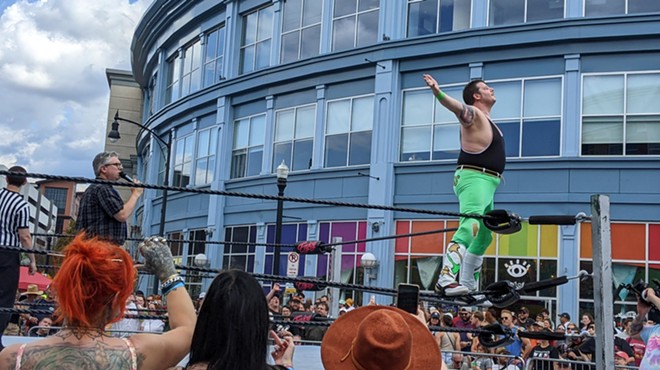The federal Department of Labor today announced that a Pittsburgh restaurant and distillery has paid back wages to employees to make up for including managers in their tip pool.
According to a June 29 DOL press release, Pittsburgh Distilling Co., doing business as Wigle Whiskey, has paid almost $39,000 to 41 employees to rectify a violation of the Fair Labor Standards Act.
Tip pooling is when a portion or all of the tip money from a night is collected and redistributed evenly or by a set percentage, instead of each server keeping the tips they individually earned.
The DOL’s Wage and Hour Division’s investigation found that Wigle also shortchanged tipped employees on overtime pay. “Investigators found Wigle Whiskey calculated the tipped employee overtime rate based on their cash wage of $4 per hour instead of the federal minimum wage of $7.25 per hour, as federal law requires,” the release says.
“Food service workers rely on their hard-earned tips to make ends meet. Restaurant employers must understand that keeping workers’ tips or diverting a portion of these tips to managers or supervisors in a tip pool is illegal,” said John DuMont, the Wage and Hour Division District Director in Pittsburgh. “As restaurants struggle to fill the positions they need to keep their doors open, those who deny workers their rightful wages are likely to find it more difficult to retain and recruit workers than those employers who abide by the law.”
Wigle co-founder and owner Meredith Meyer Grelli tells Pittsburgh City Paper that their violation stemmed from “a good faith dispute” over a new rule regarding when managers are eligible to join a tip pool, a rule that became effective in Dec. 2021 and has been the subject of national debate.
She says the violation was unintentional and was immediately corrected.
“We believed we were properly and fairly allocating tips to employees that were actively serving customers. When we learned the Department of Labor had a different interpretation, we immediately changed our method of allocating tips,” Grelli writes in an email to City Paper.
“The DOL agreed that we did not intentionally violate the new rule,” she says.
She also adds that their previous tip pooling practices came about in part because, throughout the pandemic, their workers, “regardless of title,” often served customers “many times carrying the weight of others who were not able to work throughout the pandemic.”
“We believe that employees who spend the majority of their time serving customers should share in tips, to the extent those tips were earned while serving customers,” Grelli says.
A Department of Labor spokesperson declined to tell City Paper what prompted this specific investigation, but says that their investigations are triggered either by a complaint or a “directed investigation focused on a particular industry.”
